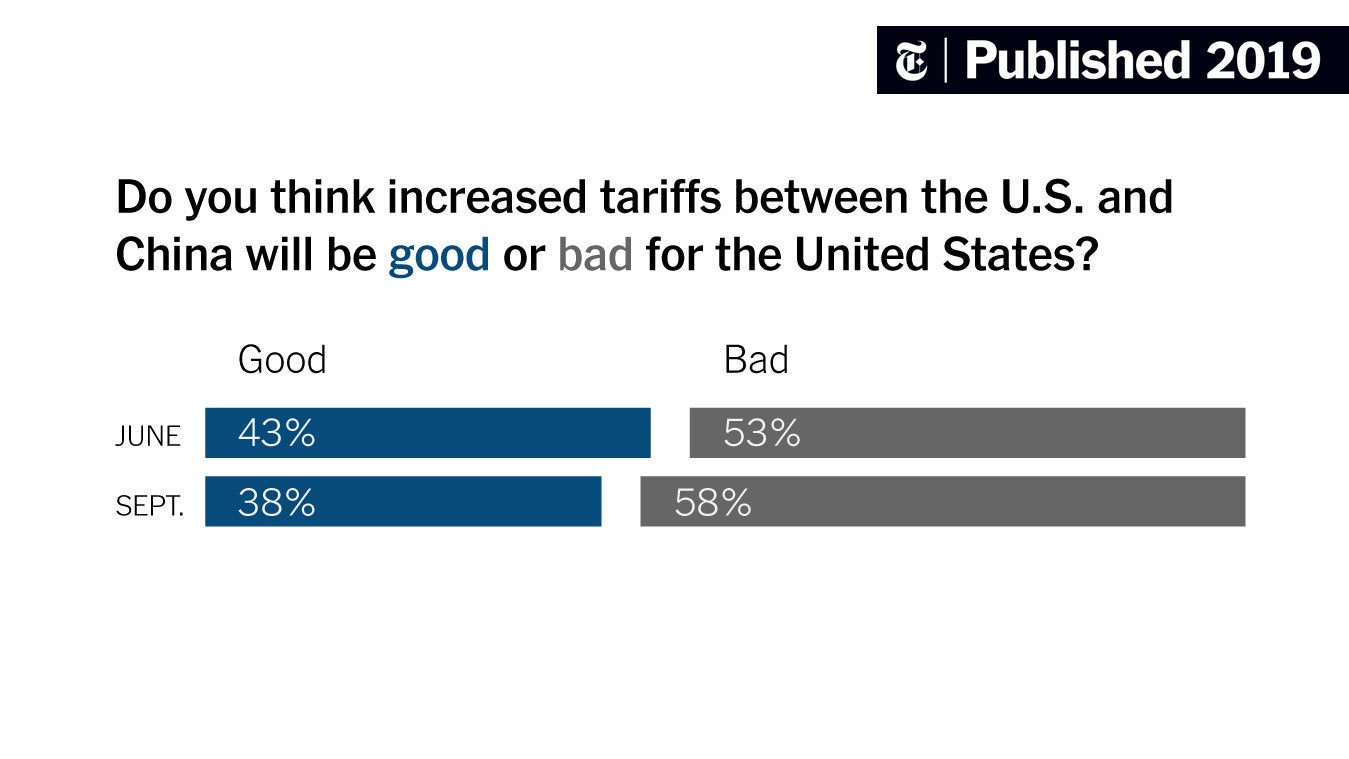Analyzing The Chinese Auto Market: Lessons From BMW And Porsche's Experiences

Table of Contents
BMW's Strategy in China: Localization and Broad Appeal
BMW's success in China is a testament to its strategic approach combining localization efforts and a broad product portfolio.
Localization Efforts: Tailoring to Chinese Preferences
BMW's commitment to localization is evident in its adaptation of models and marketing to resonate with specific Chinese consumer preferences. This involves more than simple translation; it's a deep understanding of the cultural nuances and demands of the market.
- Localized Models: BMW has introduced models with extended wheelbases, catering to the Chinese preference for spacious rear seating. They've also adapted specific features and trim levels based on local demand.
- Targeted Marketing Campaigns: BMW's marketing efforts are carefully segmented to reach diverse demographics, particularly focusing on younger buyers through digital channels and influencer collaborations.
- Manufacturing Presence: BMW's significant manufacturing presence within China has significantly enhanced its localization efforts, reducing costs, improving supply chain efficiency, and fostering a closer relationship with the local market. This local production capability is crucial for responding quickly to evolving market demands.
Broadening the Product Portfolio: Catering to Diverse Needs
BMW's strategy of offering a wide array of vehicles, including sedans, SUVs, and increasingly, electric vehicles (EVs), is crucial to capturing a significant market share.
- Entry-Level Models: BMW offers entry-level models to attract a broader range of consumers, strategically expanding its customer base beyond the traditional luxury segment.
- Luxury SUVs: The popularity of SUVs in China is undeniable, and BMW's range of luxury SUVs has played a significant role in its success. These models often feature unique specifications tailored to the Chinese market.
- Electric Vehicle Push: The commitment to producing and marketing EVs in China demonstrates adaptability to the government's push towards green energy and demonstrates their ability to capitalize on burgeoning EV demand.
This multi-pronged approach demonstrates the power of broad appeal within a localized context, a crucial aspect of successfully analyzing the Chinese auto market.
Porsche's Niche Strategy: Premium Positioning and Brand Exclusivity
In contrast to BMW's broader approach, Porsche focuses on maintaining a premium image and brand exclusivity within a very specific niche of the Chinese market.
Maintaining Brand Prestige: The Power of Exclusivity
Porsche meticulously guards its brand prestige, focusing on maintaining a sense of exclusivity even amidst increasing competition.
- Brand Heritage: Porsche leverages its strong brand heritage and racing pedigree, emphasizing performance, craftsmanship, and exclusivity.
- Limited Edition Models: The release of limited-edition models and special editions fuels demand and enhances the perception of exclusivity.
- Exclusive Dealer Networks and Personalized Experiences: Porsche operates a carefully curated dealer network, ensuring exceptional customer service and a personalized experience that reinforces the brand's premium image. These high-touch experiences are crucial for high-net-worth individuals.
- Pricing Strategies: Porsche's pricing strategy reinforces its premium positioning, maintaining a high perceived value for its vehicles.
Targeting the Affluent Consumer: Reaching High-Net-Worth Individuals
Porsche's focus is squarely on the high-end segment of the Chinese market, appealing to affluent consumers with sophisticated tastes and high disposable incomes.
- Targeted Marketing: Marketing campaigns are highly targeted, focusing on high-net-worth individuals through carefully selected media channels and luxury lifestyle events.
- Digital Marketing & Social Media: Porsche effectively utilizes digital marketing and social media to reach its target audience, showcasing the brand's prestige and technological innovation.
- Sponsorship of Luxury Events: Porsche actively sponsors high-profile events and partnerships associated with luxury and high-performance, further reinforcing its image and reach.
This concentrated strategy exemplifies another successful approach to analyzing the Chinese auto market and shows the potential of a niche strategy in a vast and diverse market.
Key Lessons Learned from BMW and Porsche's Experiences
Analyzing the Chinese auto market reveals several critical lessons from these two successful brands.
Understanding Cultural Nuances: The Importance of "Face" and Guanxi
Success in China requires a deep understanding of Chinese culture, particularly concepts like "face" (mianzi), social harmony, and the importance of guanxi (relationships). These deeply ingrained cultural values significantly impact consumer behavior and brand perception.
- Face: Marketing strategies need to consider how to enhance the consumer's sense of face and social standing through brand association.
- Guanxi: Building strong relationships with key stakeholders is critical for navigating the market effectively.
- Social Media Engagement: Understanding the dynamics of social media in China is paramount for effective communication and building brand loyalty.
Adapting to the Evolving Market: Agility and Responsiveness
The Chinese auto market is in constant flux, driven by government regulations, technological advancements, and ever-changing consumer preferences.
- Government Regulations: Staying abreast of changes in government regulations, particularly concerning emission standards and electric vehicle incentives, is essential.
- Consumer Trends: Adapting to evolving consumer tastes and preferences—including design preferences and technological expectations—is crucial for maintaining competitiveness.
- Domestic Competition: The growing strength of Chinese domestic automakers requires a constant assessment and strategic response.
The Importance of a Strong Local Presence: Local Production and Distribution
A strong local presence is not just advantageous, it's essential for long-term success in the Chinese market.
- Local Production: Local manufacturing capabilities provide cost efficiencies, reduce logistical complexities, and enhance responsiveness to market demands.
- Distribution Networks: Establishing efficient distribution networks is crucial for reaching consumers effectively across the vast Chinese geography.
- Customer Service Infrastructure: A robust customer service infrastructure is vital for building brand loyalty and addressing customer concerns promptly and effectively.
Analyzing the Chinese auto market necessitates a holistic approach that considers these factors.
Conclusion
Analyzing the Chinese auto market reveals that BMW and Porsche's success stems from different but equally effective strategies. BMW's approach emphasizes localization and a broad product portfolio, while Porsche focuses on maintaining brand exclusivity within a high-end niche. However, both companies highlight the importance of understanding cultural nuances, adapting to market changes, and establishing a strong local presence. By learning from the experiences of these industry leaders, your company can develop a successful strategy for entering this dynamic and rewarding market. Analyzing the Chinese auto market requires a nuanced approach. By learning from the experiences of industry leaders like BMW and Porsche, your company can develop a successful strategy for navigating its unique challenges and opportunities.

Featured Posts
-
 Bmw And Porsches China Challenges A Broader Look At Auto Industry Headwinds
Apr 22, 2025
Bmw And Porsches China Challenges A Broader Look At Auto Industry Headwinds
Apr 22, 2025 -
 Understanding The Just Contact Us Phenomenon On Tik Tok And Us Tariffs
Apr 22, 2025
Understanding The Just Contact Us Phenomenon On Tik Tok And Us Tariffs
Apr 22, 2025 -
 Who Will Pay For Trumps Economic Policies
Apr 22, 2025
Who Will Pay For Trumps Economic Policies
Apr 22, 2025 -
 Kyivs Dilemma Responding To Trumps Plan To End The Ukraine Conflict
Apr 22, 2025
Kyivs Dilemma Responding To Trumps Plan To End The Ukraine Conflict
Apr 22, 2025 -
 Analyzing The Impact Of Trumps Trade Strategies On Americas Financial Dominance
Apr 22, 2025
Analyzing The Impact Of Trumps Trade Strategies On Americas Financial Dominance
Apr 22, 2025
